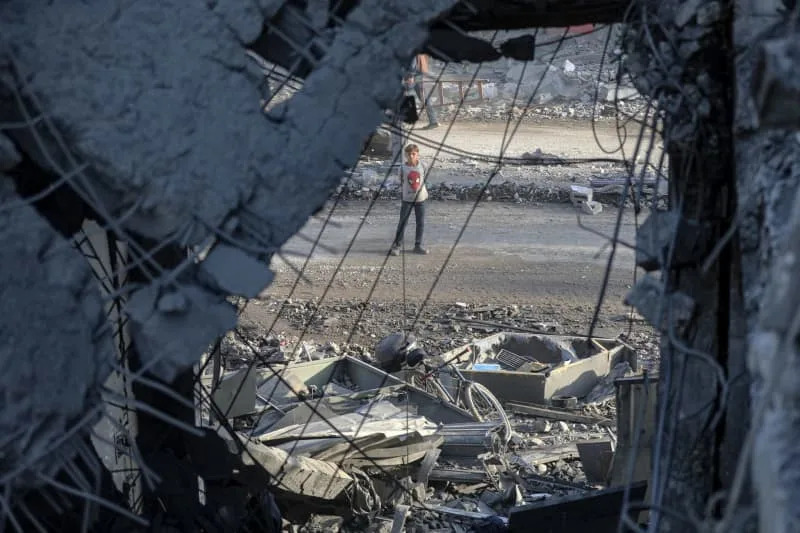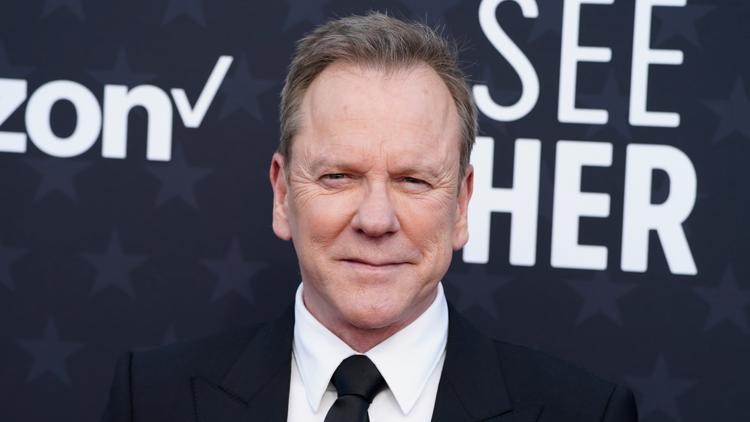King Charles III has initiated the formal process to remove royal titles from his brother, Prince Andrew. Following a series of controversies, Andrew will now be referred to as Andrew Mountbatten Windsor, effectively stripping him of his previous royal status.
This decision is part of a broader effort by King Charles to reshape the monarchy in line with contemporary expectations. The move comes amidst ongoing scrutiny surrounding Prince Andrew’s past associations and public perception, particularly concerning his ties to convicted sex offender Jeffrey Epstein.
Prince Andrew, who has denied any wrongdoing, has faced significant backlash over his actions and statements in recent years. The removal of his titles marks a pivotal moment for the royal family, emphasizing a shift towards a more modern and accountable institution.
Implications for the Royal Family
The decision to strip Andrew of his titles is expected to have far-reaching implications for the royal family and its public image. As King Charles focuses on enhancing the monarchy’s relevance, this action signals a commitment to transparency and responsibility.
Andrew’s departure from royal duties also affects the family’s representation at official events. The royal family, which has seen a decline in public support in recent years, aims to restore its standing through decisive actions like this.
In a statement, a spokesperson for Buckingham Palace confirmed the changes, stating, “The royal family is committed to fulfilling its responsibilities with integrity and respect.” The spokesperson highlighted that this decision aligns with King Charles’s vision for a streamlined monarchy.
A New Chapter for Prince Andrew
For Prince Andrew, the change signifies a substantial personal and public transformation. Once a prominent royal figure, he now faces a future without the privileges and responsibilities that come with royal titles. Andrew has lived at Royal Lodge in Windsor, but his residence and lifestyle will likely undergo significant adjustments as he navigates this new chapter.
The current situation has raised discussions regarding the future of the monarchy and its role in society. While the royal family has historically faced challenges, its ability to adapt to the modern landscape will be crucial in maintaining its relevance.
As of now, Andrew’s public engagements and appearances will be limited, and he will no longer represent the royal family at official functions. The long-term effects of this decision on his personal life and the monarchy’s public perception remain to be seen.
This move underscores King Charles’s approach to leadership, focusing on accountability and a clear delineation of roles within the royal family. It will be interesting to observe how this decision influences the public’s view of the monarchy and its evolution in the years to come.







